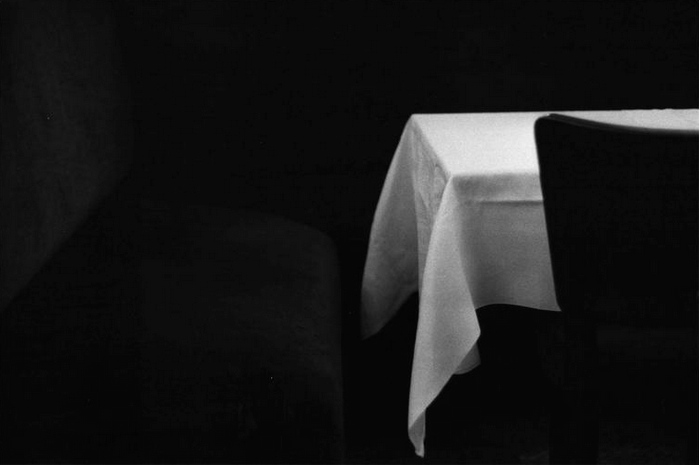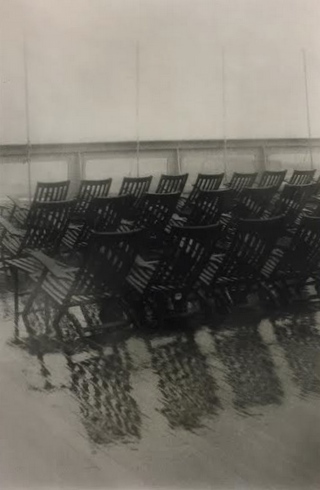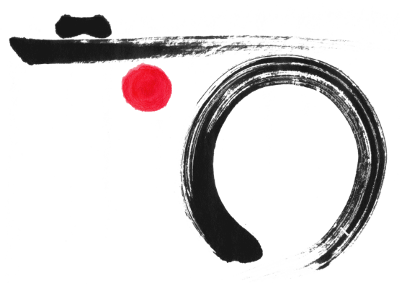It has been a little over two years since I wrote about Monsieur Plossu and his photographs. I was fortunate to purchase three of his photographs a few months ago. I immediately had them framed and hung them in my livingroom. I sort of forgot about them, in the way that you can do when something fits and becomes part of your environment. Your atmosphere.
When I was in Paris last, I saw a book. Plossu Paris (Textes d’Isabelle Huppert et Brigitte Ollier Éditions Marval, 448 pages, 29,90€). In French only, unfortunately, but photographs speak. And in this case, loudly. I particularly noticed the book, because the front cover was one of the images that I bought last year. And this combined with a quote by Plossu that I made a note of, compelled me think about his images in a different way.

I have always thought of Plossu as a ‘from the hip’ sort of photographer. Someone who is not too uptight about horizon lines being level, perfect focus and so forth. A little accidental almost. But then I read this, and it made me think:
“less good photos of Frank bring more poetry than perfect pictures by Henri Cartier-Bresson.”
– Bernard Plossu
You have to think about this a little bit. On the face of it, coming from a fellow photographer, this is almost heresy. But does he have a point? When composition is perfect, lighting perfect, triangles perfect, framing perfect, what else is there? You look at the image in admiration, but the story is complete and there it is. Well, I think this is where Plossu has a point. If you look at Robert Frank’s work, there is a play, or whimsy about it that is perhaps poetic. If you believe the stories, his seminal book “The Americans” contained not his best photographs from his 10000 mile journey across North America, but those that he felt worked. Which means that like Plossu – in perhaps not quite as exteme a way, but still – Frank has a few that are slightly out of focus, perhaps not the greatest composition, or should I say not conforming to the accepted rules of the game. There is the odd one that is askew. But Frank’s work has poetry. I think that is what made “The Americans” such a hit, both with photographers, and-non photographers alike.
Poetry to me is a language onto itself. As much said, as left unsaid. A collection of words carefully selected to communicate something, which is usually an emotion or feeling, often atmospheric. But importantly, the carefully selected words and what you make of them is founded in the economy of the words. The few that say the most.
In so many ways, a well executed photograph does the same thing. I think often about discussions I have had with other photographers as to whether photographs that you make should have a title, or description.
The argument for no title: I don’t want to push what I saw onto the viewer. Just because I see something, doesn’t mean that everyone else sees the same thing, and indeed a title will perhaps rob the viewer of the opportunity to make their own story, seeing something entirely different.
The argument for title: I have an intent with my photographs and they form part of a narrative, or say something specific that I want to convey. A title helps set the stage, location, time, date, etc.
Either is of course fine, though I must say I fall in the first category.
In a photograph what you exclude is often equally, or more important than what is in the frame. Take my second Plossu. To some it may simply be a few deck chairs in a rainstorm, or wet fog. To someone else it could be a poem about the joy of being alone, at last, maybe on a ship, away from everyone. A place to dream. To me ironically, it is about a smell. The smell of being on the water when it is misty and damp, but with hope, as there is enough sun to form quite strong shadows of the chairs on the deck. I can smell the salt water, the seaweed and the mist that only happens on the ocean. I love this photograph for the permission it gives me to dream and make up my own story.

Now, the question of course…. Does it matter that Plossu titled it: Deck Chairs on the QEII? Well, not for me, because it affirms what I was already thinking, so no harm, no foul. But, to someone else, I don’t know.
The cover shot of the book Plossu Paris is to me one of Plossu’s greatest photographs. It is too simple. Too easy. Yet, he did it, and it has a quality that I think is both exceptional and bold. The photograph is exposed in such a way that the tablecloth is all you see. The furniture all but disappears. The press-folds in the heavy white linen form gentle shadows. It is the consummate black and white photograph. But, not pretentious. Not in your face. It doesn’t show off. It is gentle, elegant and egalitarian. A café? A fancy restaurant? At home? It doesn’t matter. It could be everywhere and anywhere. But it is so beautifully elegant. It is delicious! And it let’s you make your own story. Poetic.
Harbel

